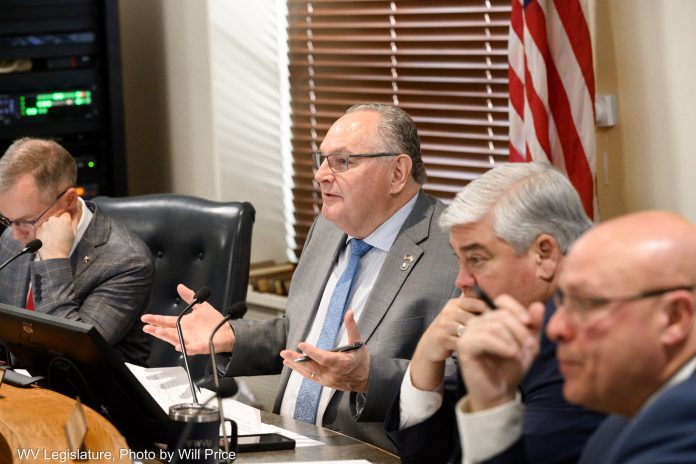The Senate Workforce committee recommended a bill Monday to add additional work requirements to the state’s Supplemental Nutrition Assistance Program.
The body recommended Senate Bill 249 for passage. The legislation would require all able-bodied adults without dependents between the ages of 18 and 59 to participate in an Employment and Training program, with some exemptions. The current maximum age limit for the Employment and Training program is 54.
Exemptions under the bill would include individuals subject to Temporary Assistance for Needy Families (TANF) work requirements, those caring for children under the age of 6 or incapacitated persons, students, those in drug/alcohol addiction programs, those employed a minimum of 30 hours per week, and those not heads of household.
Currently, SNAP recipients are exempt from time limits on SNAP benefits as long as the able-bodied recipient is employed or complying with the requirements of a work, education, or volunteer program for at least 20 hours per week, or 80 hours per month. This legislation would increase the hours per week required to maintain eligibility to 30 hours per week, or 120 hours per month.
West Virginia for years has had the lowest workforce participation rate in the nation. Senator Rollan Roberts (R-Raleigh) chairman of the committee, made it clear his intent is to nudge able-bodied people into workforce participation.
“There is compassion. There is a resource to it that will help them be able to get involved in the community with volunteering or working or doing some sort of education and training,” Roberts said. “So it’s something to give an encouragement, an incentive, to get people involved.”
Jeremiah Samples, a former legislative analyst who is now working as a lobbyist for a conservative think tank, agreed.
“I don’t view this as punitive. Work gives individuals dignity. Employment gives an individual community. We’re talking about giving people hope and an opportunity to better their lives,” Samples said.
The Senate passed a very similar bill last year, but it failed to get through the House of Delegates after a late fiscal note from the House had the cost of the legislation at $7 million. The question of cost of implementation will no doubt come up again, particularly as the state faces a projected $400 million budget shortfall.
The Department of Human Services is still working to develop a fiscal note for the bill this year.
The legislation now heads to the Senate Finance committee for further consideration.

